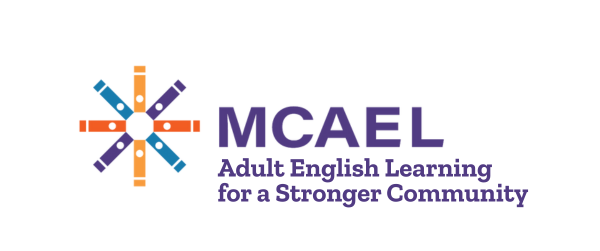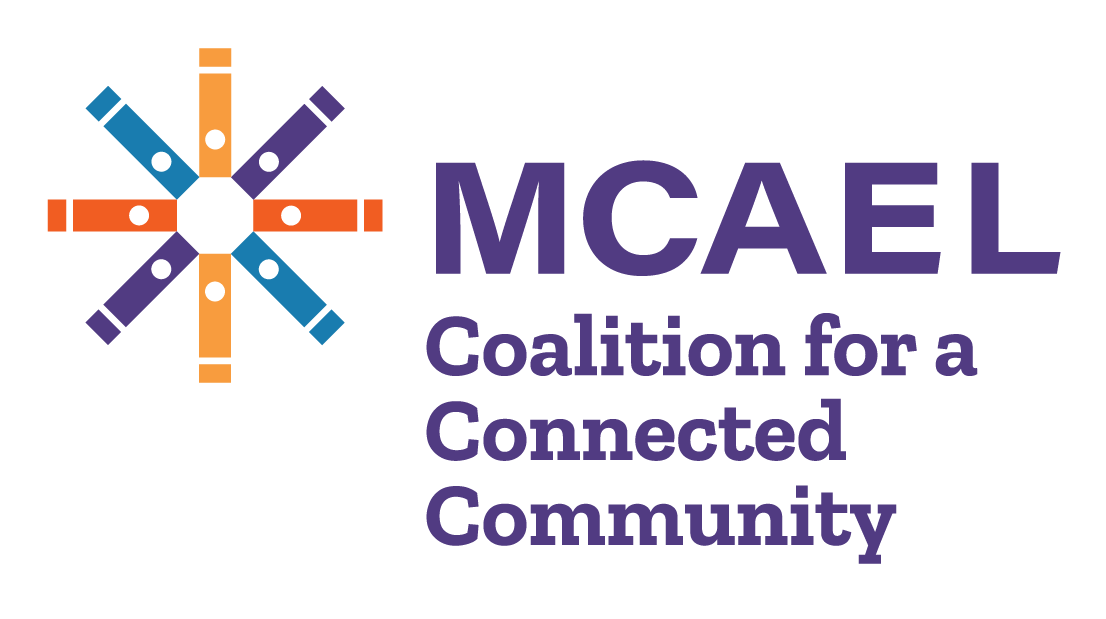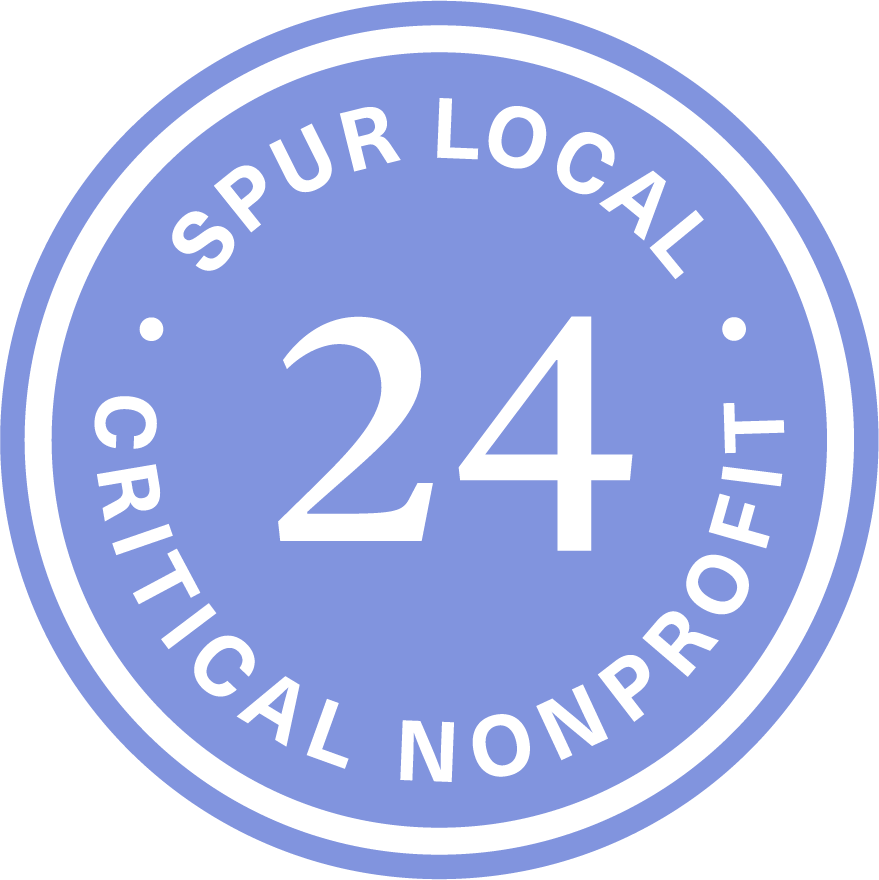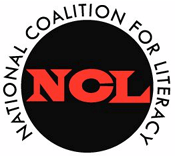MCAEL's History and Mission
We strengthen and build adult English language learning programs and instruction to further individual and family success at work, school and in the community.
MCAEL History and County Need for Services
In 2002, county elected officials and community leaders convened a task force to develop strategies to support the growing limited English proficient (LEP) population and to respond to the demand for an English-literate workforce. A study commissioned by the Montgomery County Council and carried out by Montgomery College and the international research organization, Center for Applied Linguistics (CAL), identified that while a rich tapestry of government, community and faith-based providers offered adult ESOL programs, there was a significant lack of countywide coordination, collaboration and capacity. Programs worked mostly in isolation, with scarce technical, human and financial resources. Demand for English classes was far from being met, as evidenced by waitlists of well over 2,000 individuals. In 2003, following up on the study, Montgomery County Council & Montgomery College worked with providers and community stakeholders to develop a strategic action plan to improve the delivery system. Based on the task force’s recommendations, a community coalition was formed in 2005 and later incorporated as MCAEL in 2006.
Montgomery County is now a majority-minority county of over 1 million residents. Of those, over 17% of the adults are self-identified as being limited in their English proficiency. The programs in the MCAEL network now serve about 17,000 adults each year; yet, there are still tens of thousands who would benefit from classes were we able to serve them all.








